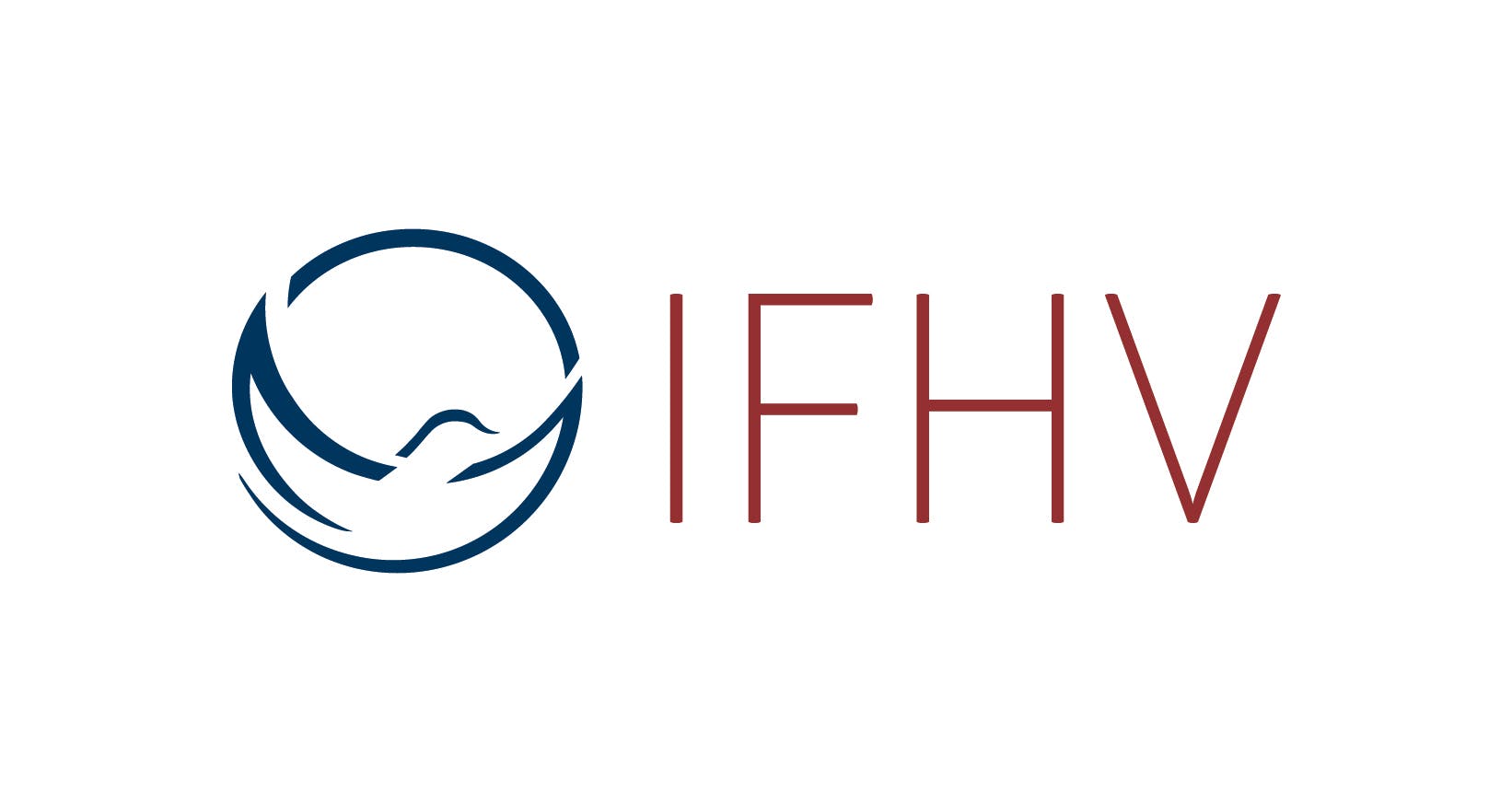Enhancing CO2 Emissions Tracking in Humanitarian NGOs
Already over
This interactive online workshop explores challenges and best practices in tracking CO2 emissions within humanitarian NGOs. Based on research findings from a literature review, a year-long emissions tracking pilot project, and insights from interviews with practitioners, the workshop aims to foster peer exchange and practical learning. Participants will gain an understanding of the current state of emissions tracking, including barriers such as data quality, resource constraints, and standardization issues.
The workshop includes presentations of research findings, breakout sessions for collaborative discussions, and expert input from a leading NGO practitioner. Participants will have opportunities to share their experiences, identify common challenges, and co-develop actionable recommendations to improve CO2 tracking processes.
You will learn
The main barriers NGOs face in tracking CO2 Emissions.
Successful approaches and tools used by NGOs to overcome these Challenges.
What other NGOs do to solve these issues.
What the next steps on their Emission Tracking Journey could be.
Target group
NGO staff with varying levels of experience in emissions tracking, this workshop provides a platform to build knowledge, share solutions, and foster collaboration in advancing sustainable practices in humanitarian work.
Schedule
Welcome and Introduction
Presentation of Research Findings
Coffee Break
Interactive Group Session: Challenges in Emission Tracking
Group Discussions & Presentations
Lunch Break
Expert Input
Coffee Break
Drafting Recommendations (Group Work)
Group Work: Synthesize insights from the day into actionable recommendations.
Wrap-Up
Aaron Dumont
Lecturer

The training is conducted by Aaron Dumont, research associate at the Institute for International Law of Peace and Armed Conflict (IFHV) at the Ruhr University Bochum. Aaron is writing his PhD thesis on an environmental law topic and has spent the past two years conducting research on the challenges and best practices of tracking CO₂ emissions of humanitarian organizations, which is forthcoming.
Free
09.12.2024 - 09.12.2024
6 hours of training
Online Event
 This training is organized by the Institute for International Law of Peace and Armed Conflict.
This training is organized by the Institute for International Law of Peace and Armed Conflict.